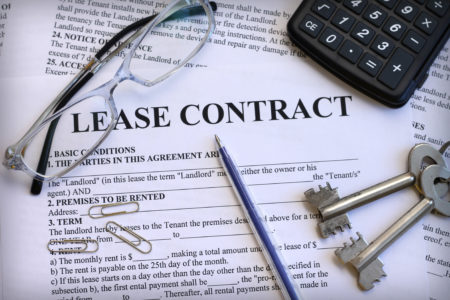When it comes to renting out a property, tenants are critical to a successful investment.
After all, a single tenant can turn a property into a profit — or a ruin. To avoid that, you need to learn to recognize the good from the bad and pick out troublesome tenants from the start. Here are a few to watch out for.
The Quick Mover
You don’t just want any tenant. You want a long-term tenant. While you guarantee how long they’ll stay, you can at least get an idea of how often they move by viewing their past rental situations.
You can ask for references from past landlords, for instance, and take a closer look at whether or not they have moved from home to home in the same area, town, or city several times in the recent past.
Watch out for serial renters. They probably didn’t want to move, but bad relationships with their landlords forced them out.
The Slow Payer
While short-term renters are not great, people who stay for as long as possible without paying are even worse.
Dealing with late payments is a hassle and evicting tenants who owe you money can be very troublesome. Not only might you be unable to recoup your losses, but pursuing rent and straining relationships increases the risk of them damaging the property out of spite or neglect.
A tenant credit check is an easy way to cut the worst offenders off your shortlist.
The Filth Lover
Some people just don’t mind living in squalor. While they are happy in filth, your investment will suffer. Unfortunately, you can’t force a tenant to clean anything that doesn’t violate fire and health codes or prove a safety risk.
You can, however, deal with dirty tenants by making stipulations in the contract or lease that ensure its cleanliness. Some examples include a clause that you can hire a cleaning service if they don’t clean it themselves and bill them for the costs.
The Demander
Landlords and property managers are used to requests for repairs. It’s part of the job.
However, some tenants take this further and believe that they are entitled to things that they aren’t. Make sure that you’re clear on your requirements and that your tenancy agreement reflects them. Don’t be afraid to say no to a tenant who believes that they need new blinds for the kitchen or new drapes.
The Troublemaker
As a landlord, you have a right to access the criminal record of any of your tenants.
However, the way you view and use this information requires some nuance. If a tenant has been convicted of certain drug-related offenses or crimes that indicate they could prove a risk to other inhabitants of the building or neighbors, you can decline them accommodation. However, you have to be careful to ensure that you’re not discriminating against those with any kind of criminal history.
What’s more, refusing to accommodate people who have been convicted of the applicable offenses isn’t classed as discrimination unless you target only specific identity groups, such as ethnicities. Be careful how you apply your access to criminal records. By all means, access them, but don’t jump the gun at just the hint of a troublesome past.
Choosing the right tenants is only one part of the journey. It’s your responsibility to ensure you have a good relationship with them as well.






